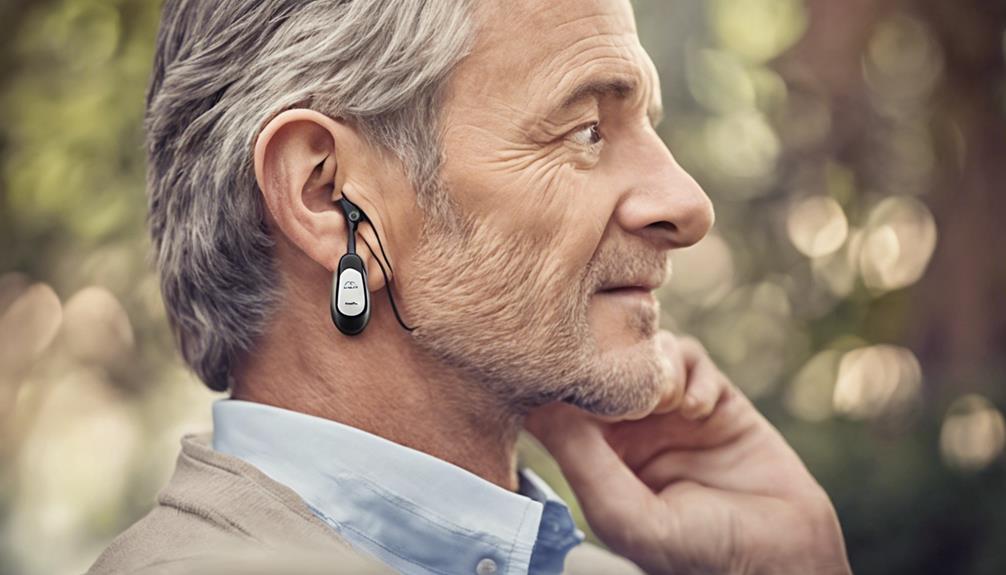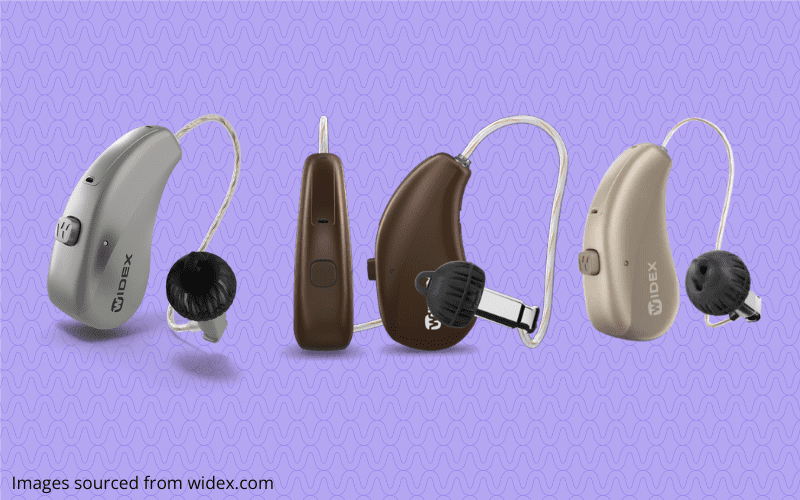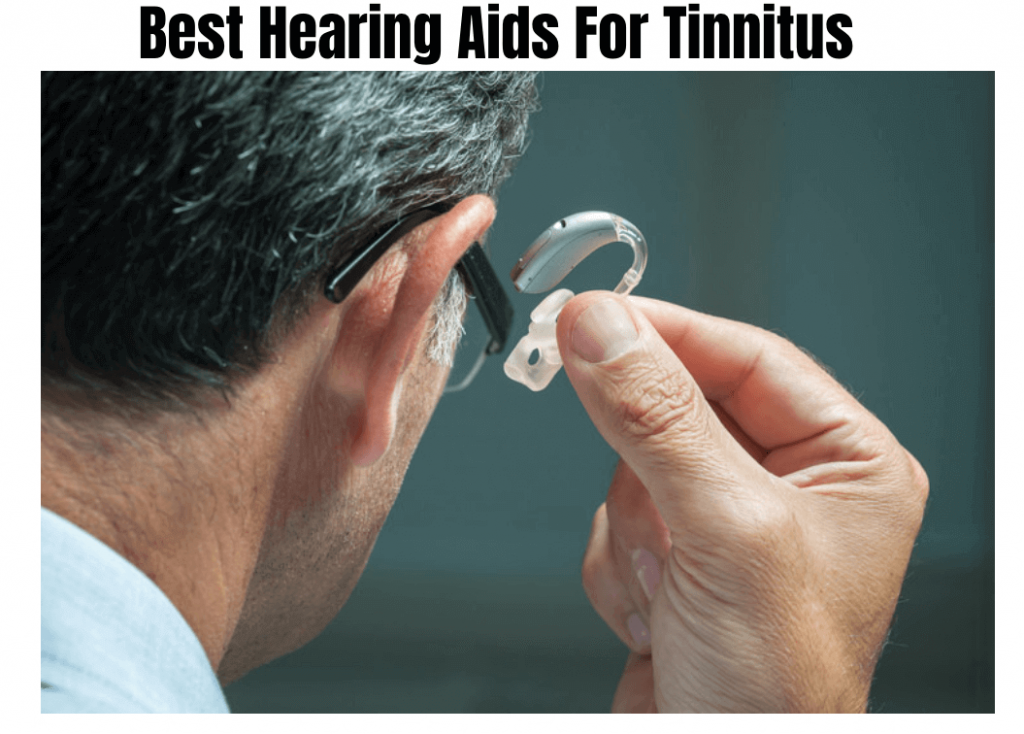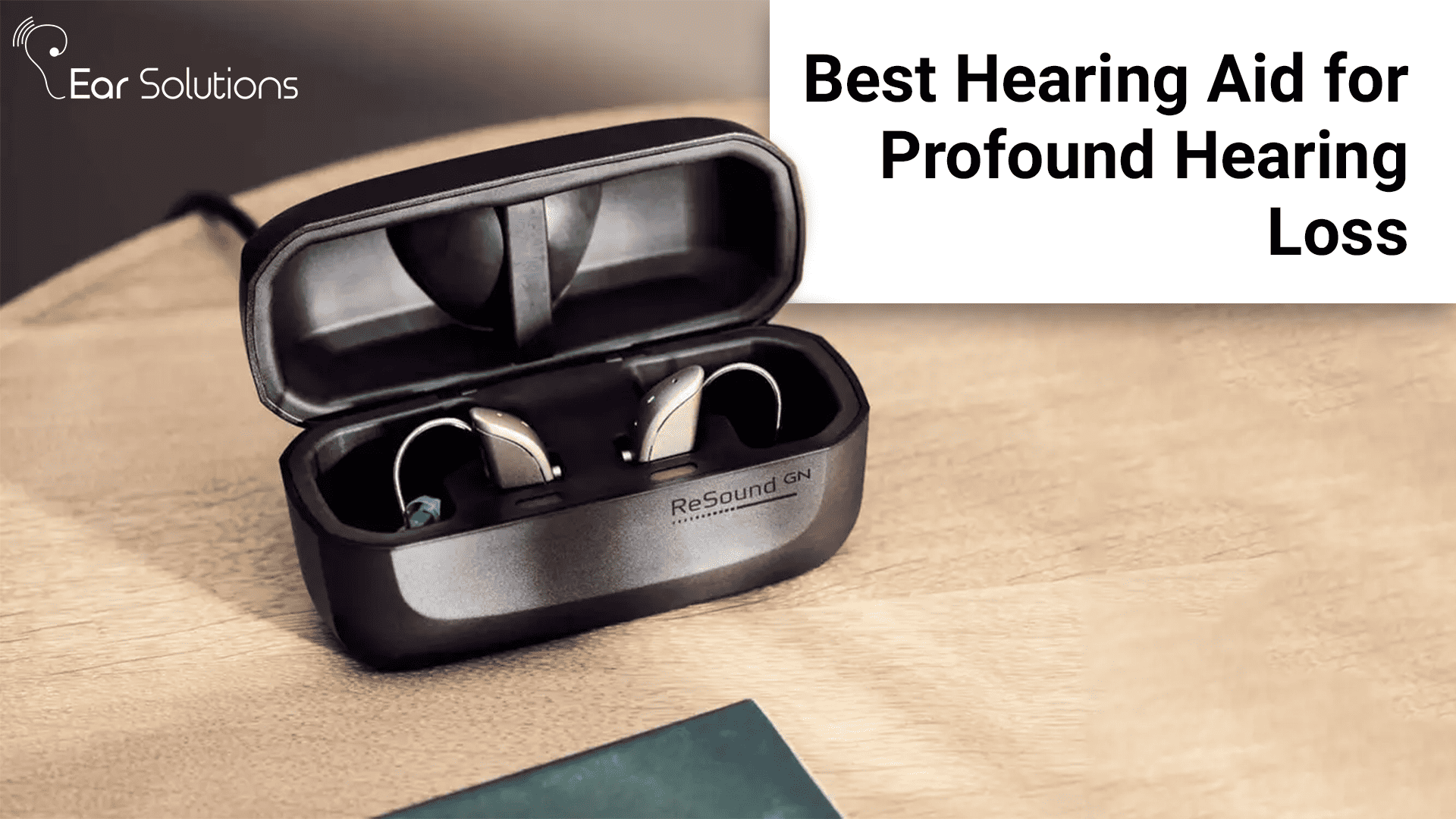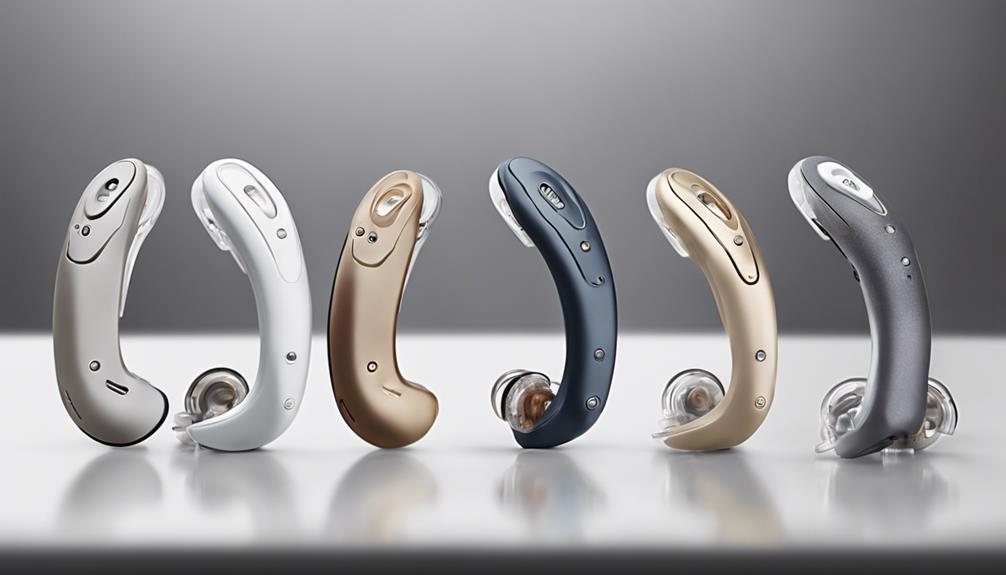Best Hearing Aids For Tinnitus And Hearing Loss

For individuals grappling with the dual challenges of hearing loss and tinnitus, finding effective solutions can feel like navigating a complex maze. Fortunately, advancements in hearing aid technology are offering renewed hope, providing not only amplification for improved hearing but also strategies to manage the often-debilitating effects of tinnitus. This article explores the current landscape of hearing aids specifically designed for those with both conditions, offering insights into their features, benefits, and considerations.
Hearing aids designed for both hearing loss and tinnitus aim to address two critical needs: improving auditory perception and reducing the perceived loudness or annoyance of tinnitus. The key is not to eliminate the tinnitus sound, which is often impossible, but rather to help the brain manage it more effectively. Recent data from the National Institute on Deafness and Other Communication Disorders (NIDCD) suggests that a significant portion of adults with hearing loss also experience tinnitus, highlighting the importance of integrated solutions.
Understanding the Technology
Modern hearing aids incorporate several features to address both hearing loss and tinnitus. These features work in tandem to provide a comprehensive listening experience.
Sound Amplification
The primary function remains to amplify sounds, making it easier to hear conversations and environmental noises. This is crucial as hearing loss can exacerbate tinnitus, making it seem louder in comparison to external sounds. Proper amplification can reduce the brain's focus on the tinnitus.
Tinnitus Masking or Sound Therapy
Many hearing aids offer built-in sound therapy options. These features generate soothing sounds, such as white noise, pink noise, or nature sounds, that can help to mask or distract from the tinnitus. The goal is to create a more pleasant and less intrusive auditory environment.
Notch Therapy
Some advanced hearing aids utilize notch therapy, a technique that targets the specific frequency of the tinnitus tone. By reducing the amplification at that frequency, the hearing aid aims to retrain the brain to perceive the tinnitus as less prominent. This method requires precise calibration by an audiologist.
Directional Microphones
Directional microphones focus on sounds coming from in front of the wearer, reducing background noise. This can be especially helpful for individuals with tinnitus, as excessive noise can trigger or worsen their symptoms. Improved clarity and reduced noise pollution are key benefits.
Connectivity and Customization
Modern hearing aids often offer Bluetooth connectivity, allowing users to stream audio from smartphones, tablets, and other devices. Many come with accompanying apps that allow for personalized settings adjustments, including volume control, program selection, and tinnitus therapy options. This level of customization is important for individual needs.
Key Considerations When Choosing Hearing Aids
Selecting the right hearing aid for both hearing loss and tinnitus requires careful consideration. It's important to consult with a qualified audiologist. A thorough hearing evaluation is the first step in determining the extent of hearing loss and assessing the characteristics of the tinnitus.
During the evaluation, the audiologist will ask about the nature of the tinnitus. Is it a ringing, buzzing, or hissing sound? Understanding the specific characteristics of the tinnitus helps in selecting the most appropriate sound therapy options.
Cost is a significant factor. Hearing aids can range in price from a few hundred to several thousand dollars per device. Insurance coverage varies, so it's essential to check with your provider. Payment plans and financing options may be available.
Comfort and fit are also crucial. The hearing aid should be comfortable to wear for extended periods without causing irritation. Different styles are available, including behind-the-ear (BTE), receiver-in-canal (RIC), and in-the-ear (ITE) models. An audiologist can help determine the best style based on individual ear anatomy and hearing needs.
The Importance of Professional Guidance
Self-treating hearing loss and tinnitus is not recommended. An audiologist's expertise is invaluable in ensuring proper fitting, programming, and counseling. They can guide individuals through the adjustment process and provide ongoing support.
Adjusting to hearing aids can take time. Regular follow-up appointments with the audiologist are important to fine-tune the settings and address any concerns. The audiologist can also provide strategies for managing tinnitus in different environments and situations.
According to the American Academy of Audiology, effective management of both hearing loss and tinnitus often involves a combination of strategies. This may include hearing aids, counseling, sound therapy, and lifestyle modifications.
The Impact on Quality of Life
The impact of effectively managing both hearing loss and tinnitus can be profound. Improved hearing can enhance communication, social interaction, and overall quality of life. Tinnitus relief can reduce stress, improve sleep, and increase focus and concentration.
For many individuals, finding the right hearing aid is a journey. It requires patience, persistence, and a willingness to work closely with an audiologist. The rewards, however, can be life-changing.
Ultimately, the best hearing aid for tinnitus and hearing loss is the one that provides the most effective combination of amplification, sound therapy, and comfort, tailored to the individual's specific needs and preferences.





